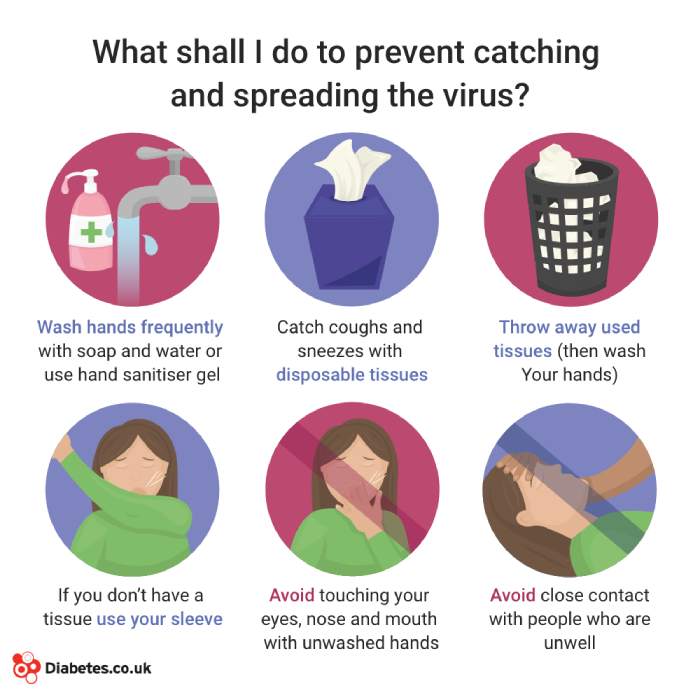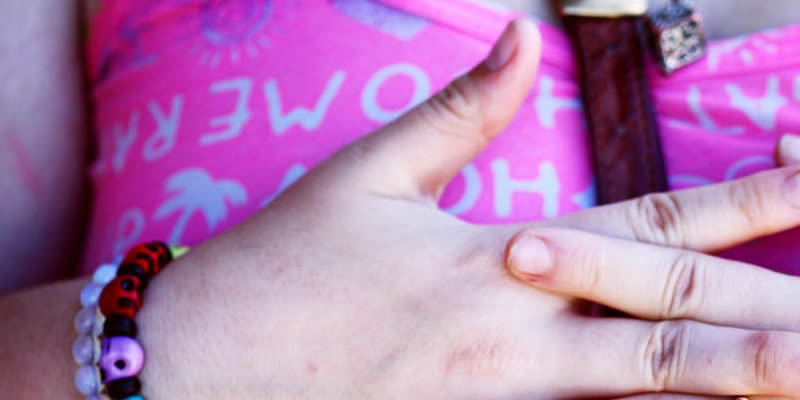The Government is not treating the need for personal protective equipment (PPE) ahead of a potential second wave of COVID-19 with “sufficient urgency”, MPs have said.
The Commons Public Accounts Committee has published a report which states it is “extremely concerned” about the widely reported shortages of PPE during the pandemic.
Although the Government has always denied that national PPE stocks ever ran out. Just recently Lord Paul Deighton, who was brought in recently to ensure PPE stocks were adequate, told the BBC that supplies were now stable and had been secured for the rest of the year.
Read more:
- Interview with Joanne Wignall: Working on the hospital frontline with type 1 diabetes
- Interview with Rhonda Green: Working on the frontlines with type 1 diabetes
- Recovering from coronavirus with type 1 diabetes
However, the report authors said they did not believe the Government has a clear understanding of what is needed, or how to distribute it.
They wrote: “The NHS needs to have a coherent plan for how it will function after the peak of the COVID-19 crisis”.
Meg Hillier MP, Chair of the Committee, said: “The Government conducted a large pandemic practice exercise in 2016 but failed to prepare. The previous Committee warned on the lack of plans to ensure access to medicines and equipment in the social care sector in the event of a no deal Brexit, but, again, the Government failed to prepare.
“There must be total focus now on where the problems were in procurement and supply in the first wave, and on eradicating them.
“The pandemic has thrown the deep, long-term underlying problems in NHS capital and financial management into stark relief. There is no room and must be zero tolerance for allowing the underlying funding problems to continue.”
Buy items:
The Committee has requested the Government write in two months with a clear plan about when it will have a “predictable supply of stock and ready access to PPE supply within the NHS and care sectors.”
They have requested this should include details detail on the roles and responsibilities for the procurement and distribution PPE across the NHS.




